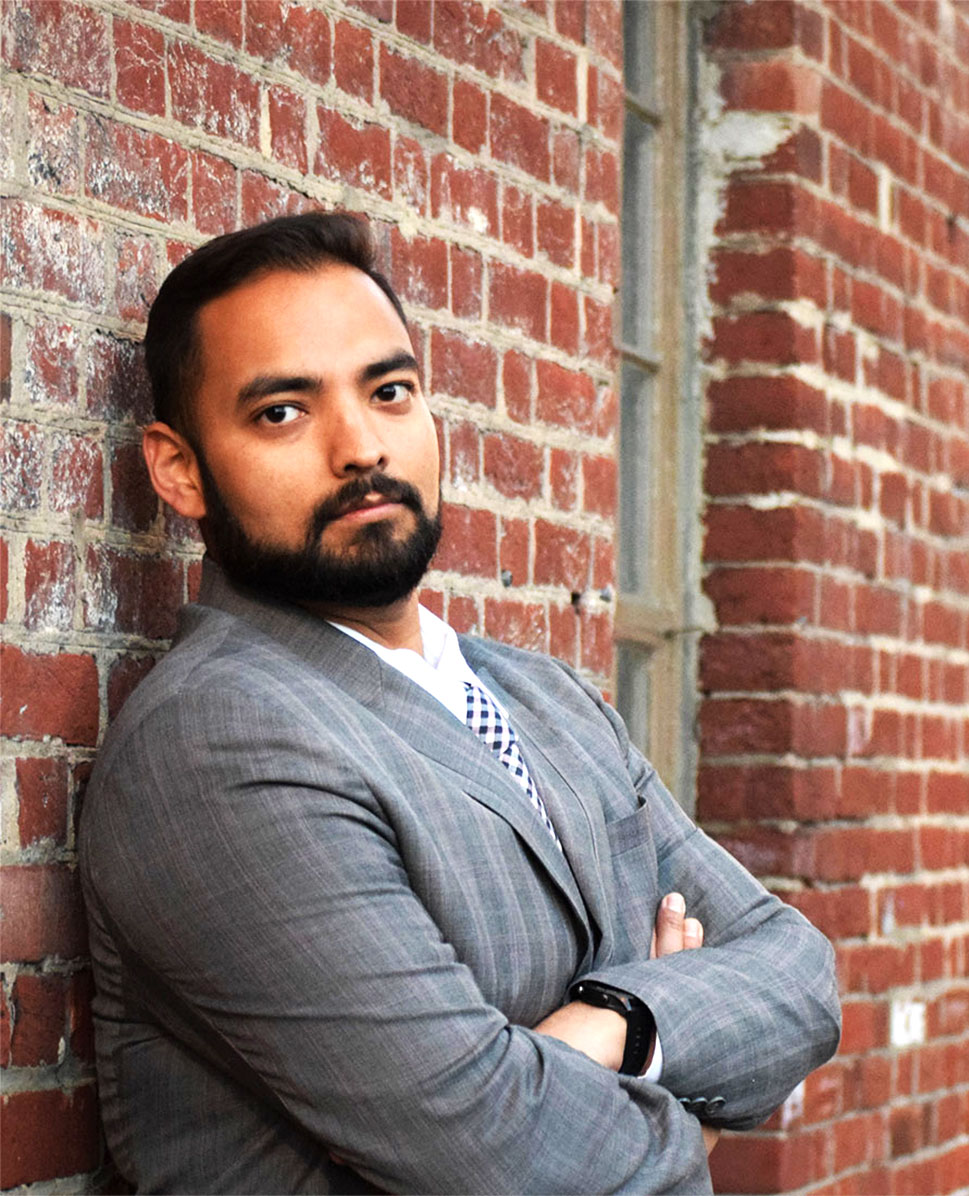Copyright
A copyright protects only “original works of authorship fixed in any tangible medium of expression.” Although a copyright does not protect facts, ideas, systems, or methods of operations, it may protect the way these things are expressed. For a work to be original, it must have “at least a modicum” of creativity, and it must be the independent creation of its author. Works of authorship include literary, dramatic, musical, pictorial, and artistic works, such as poetry, motion pictures and other audiovisual works, songs, computer software, and architecture. Examples of copyrightable work: Photographs, websites, blogs, video content,product packaging, instruction material, workout routines, advertising, etc.
A Copyright registration allows the creator to recover money damages. While the author is afforded certain protections automatically upon creation, an owner/author cannot bring a suit in federal court for infringement and recover money damages, including attorney fees. Additionally, a copyright registration acts as a defense against false ownership claims and can also be recorded for enforcement with the US Customs.
The US Copyright system is designed to protect creators while incentivizing others to create original and innovative work. Too often, works of authorship are exploited without the author’s permission. At Drishti Law we offer clear and concise guidance regarding various copyright issues

